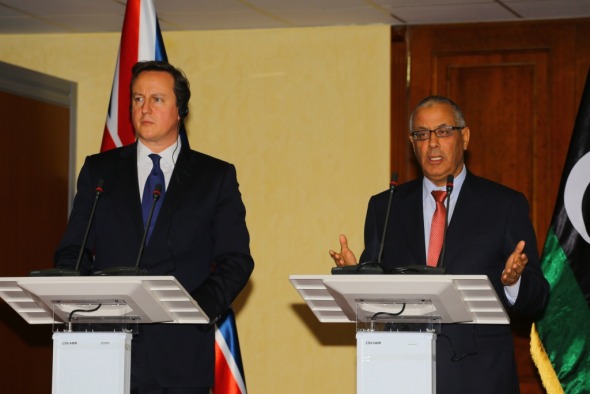Tripoli, 31 January 2013:
Life Technologies, an American-based biotechnology . . .[restrict]company, has said that it will provide a complete laboratory system to help identify bodies from mass graves, and other missing persons.
The new laboratory, which will be set up in Tripoli, will help identify the remains of an estimated 20,000 people who were found in mass graves after the revolution. It will also try to shed light on cases of missing persons dating back to the old regime.
“It is our hope that many families will find the answers to what happened to their loved ones,” said Peter Silvester, president of the Europe, Middle East and Africa division of Life Technologies.
Some 50,000 samples a year will be processed at the new laboratory which, it is anticipated, will be up and running by the end of the year. Using the latest technologies, DNA samples will be employed to generate profiles from human remains. The extracted DNA will be compared with samples from relatives of missing people may help with identification.
Life Technologies will provide the expertise, forensic instruments and materials. The new laboratory will also offer training opportunities for Libyan scientists.
“By providing the laboratory setup and forensic expertise, we will help train Libyan scientists in the very latest instruments, technology and protocols, to enable them in their work and help promote reconciliation in Libya,” Silvester said.
Before the laboratory opens, a number of Libyan scientists will be trained in the US by a well-known forensic scientist, Dr Arthur Eisenberg.
The project is part-funded by Spanish oil company Repsol, which last year donated $2.5 million towards the cost. [/restrict]









